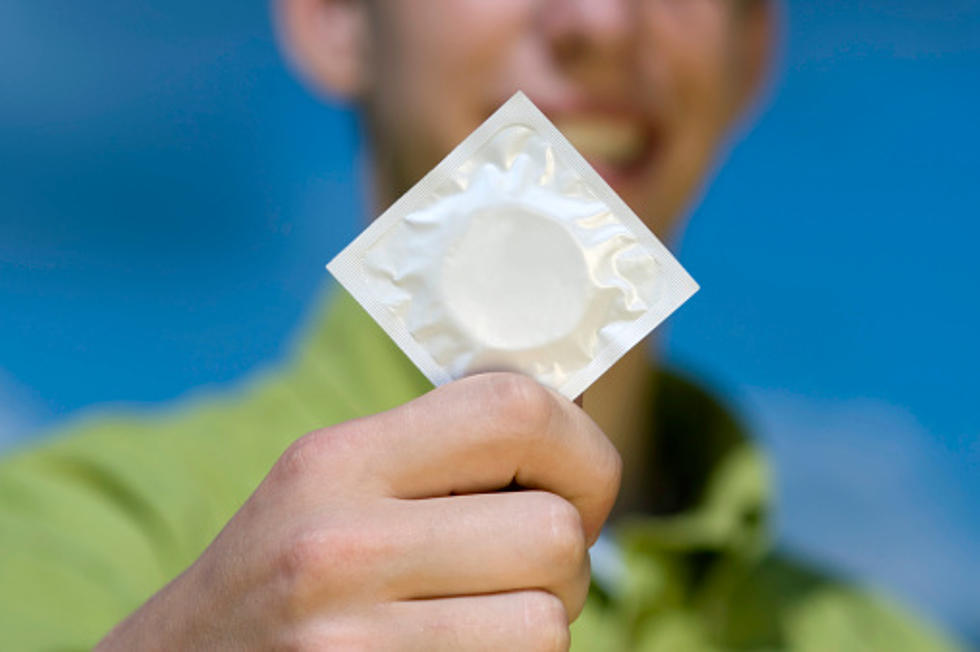
Curry Spice Component May Help Slow Prostate Tumor Growth
Love to eat curry? It may do more than tingle your tastebuds.
According to a new study, curry spice components may help slow the growth of tumors in castration-resistant prostate cancer patients.
Researchers at Thomas Jefferson University’s Kimmel Cancer Center found that curcumin, the active ingredient of Indian curry spice, supresses two nuclear receptor activators, p300 and CPB, which have been shown to work against androgen deprivation therapy (ADT), a prostate cancer treatment.
ADT inhibits the androgen receptor, which is a vital male hormone in the development and growth of prostate cancer. But sophisticated tumor cells, with the help of p300 and CPB, sometimes bypass the therapy.
In their study findings, researchers learned that curcumin increased the results of ADT, and lowered cell number compared to ADT alone. In addition, curcumin was found to be a strong fighter of both cell cycle and survival in prostate cancer cells. These results were confirmed in lab mice — as tumor growth shrank in substantial levels when the mice were given the spice.
“This study sets the stage for further development of curcumin as a novel agent to target androgen receptor signaling,” said Karen Knudsen, Ph.D., a Professor of Cancer Biology, Urology and Radiation Oncology at Thomas Jefferson University. “It also has implications beyond prostate cancer since p300 and CPB are important in other malignancies, like breast cancer. In tumors were these play an important function, curcumin may prove to be a promising therapeutic agent.”
Findings were published in the journal Cancer Research.
More From KMMS-KPRK 1450 AM
![Boxers Dereck Chisora and David Haye Post-Fight Press Conference Brawl [VIDEOS]](http://townsquare.media/site/8/files/2012/02/hqdefault8.jpg?w=980&q=75)
![Paul/Napolitano Ticket..HMMM [VIDEO]](http://townsquare.media/site/8/files/2011/10/129591089.jpg?w=980&q=75)








